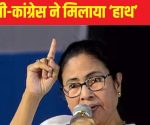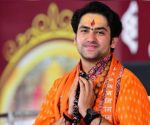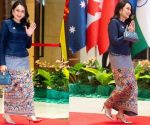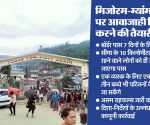Tales of Manmohan Singh’s humility echo in the corridors of power

It was July 2003 and the Congress brass had gathered in Shimla for a party chief ministers’ conference. Senior leaders were lodged at a five-star hotel close to the venue. Hours before the inaugural session, one of Pranab Mukherjee’s aides came rushing down the stairs to help his boss prepare for the day. As he took a turn on the corridor leading to Mukherjee’s room, the aide was gobsmacked. There, outside the closed doors of the hotel room, Manmohan Singh, then the Leader of the Opposition in the Rajya Sabha, was waiting patiently with a bunch of documents in his hand for Mukherjee to come out.
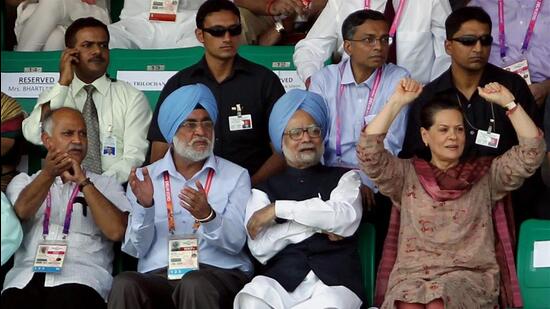
Tales of Manmohan Singh’s modesty, grace and humility are folklores in the corridors of power. As a Rajya Sabha member, Singh loved to come to the old Parliament library to spend some quiet time and read articles on economy in foreign and Indian magazines. One day, he ordered a glass of lassi at the Delhi milk department counter outside the Central Hall, but at the time of payment, Singh — not the one to carry wads of currency notes — found himself short of cash.
Curious onlookers gathered to watch an unusual scene: the shopkeeper pleading with Singh to not to worry about payments, but the man — the architect of India’s economic reforms — scraping his pockets for coins and small notes to pay the modest bill of ₹7. Finally, when he managed to foot the bill, Manmohan Singh grinned through his beard to a delighted crowd of lawmakers and Parliament officials before walking back into Central Hall.
In New Delhi’s revolving landscape of power, no one expected that Singh, an economist and technocrat turned finance minister in the Narsimha Rao government, would become the Prime Minister of India. In April 2004, Congress leader Anand Sharma threw a party at his bungalow after he re-entered the Rajya Sabha. In one corner of the lawn, with a glass of juice in his hand, journalists spotted the leader of Opposition in the Rajya Sabha, Manmohan Singh, standing alone. Little did they know that, on May 18, Singh would accompany Congress president Sonia Gandhi to meet President APJ Abdul Kalam and become the next Prime Minister of India.
His appointment to the top post, however, changed little in his personal life.
In the first core committee meeting after the formation of the UPA government, he addressed Mukherjee as “sir”— as he had done for several years. This time Mukherjee objected — the PM can’t address the defence minister as “sir”. Thereafter, Singh called him Pranab ji, and Mukherjee would simply say, “Pranab here” when he made a call to the PMO.
But in his Cabinet meetings, Manmohan, in his polite but firm tone, would always put his points across. His calm, often monotonous voice, camouflaged emotions but it also had a unique flavour of assertiveness.
Singh once told a Cabinet minister that the latter was responsible for “single-handedly trying to derail” India’s growth agenda. In another meeting, then rural development minister Jairam Ramesh’s arguments against FDI were cut short by Singh, as he asked P Chidambaram to speak because “he is the finance minister”. In the next meeting, Vayalar Ravi’s apprehensions on reforms were dismissed, and Singh reminded the former trade union veteran that “we have to take decisions”. Similarly, Ghulam Nabi Azad prompted a rare, two-minute-long intervention by the PM in which he spoke about cutting expenses and following the path of austerity.
His daughters Daman Singh (who visited his father almost every morning during that period) and Upinder Singh often gave the PM inputs on his speeches. And witty cabinet colleagues quickly point out that while the Congress had a “Core Group”, Singh had a “Kaur group”.
Towards the end of his 10-year term in the top office of India, Manmohan Singh emphasised that history will be kinder to him. To people who knew him, he was always kind in personal life.
One of Singh’s close relatives had died in Kolkata, and the PM flew down to pay his last respects. A local gurdwara was decked up for Singh’s arrival, and person in the gurdwara was given the responsibility of offering Singh drinking water. The PM arrived, and had the glass of water. Minutes later, priests noticed that the man crying. They asked him what happened. With tears rolling down his cheeks, the old man replied, “For so many years, I have served people here. Today, for the first time in my life, someone actually said, ‘thank you very much’.”












